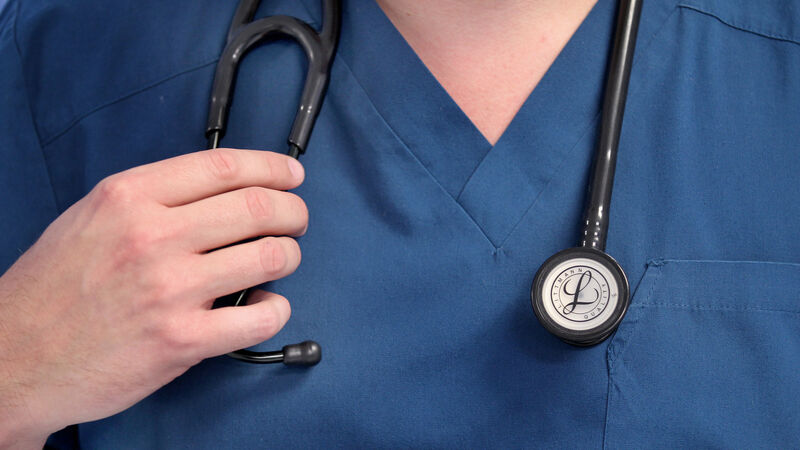Over 400 doctors have emigrated to Australia so far this year

Patients needing catch-up care after the pandemic delays are facing a critical year just as doctor emigration shoots up, theIrish Medical Organisation (IMO) has warned.
New figures presented at the organisation’s annual general meeting show so far this year 402 doctors have emigrated to Australia alone up from 272 in 2019.










